Biomedical Engineering Projects
Biomedical Engineering students apply the engineering skills they have acquired. The principles of design, how ethics affect engineering decisions, how professionals communicate ideas and the day-to-day implications of intellectual property.
They begin by researching the problem, brainstorming a range of solutions, and traveling to the sponsor’s site to learn more about the sponsor and the project. Student teams maintain contact with their industrial and faculty mentors, hold meetings, and make presentations on their work. Biomedical Engineering students submit written reports at intervals throughout the two-semester project timeline, and present oral presentations at the project’s conclusion.
Student Teams
-

Design of an Injectable Nanomaterial Drug Delivery System for Optimized Tissue Regeneration
-

-
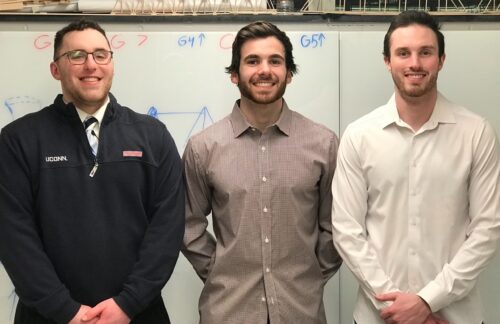
Chitosan-Based Degradable Hydrogel for Localized Drug Delivery
-
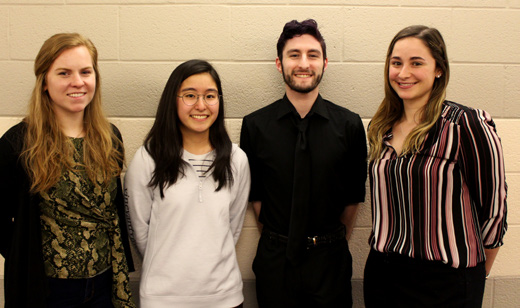
Mechanical Model of the Human Thorax for Cardiopulmonary Resuscitation Device Testing
-

-

EEG-based Bedside Decision Support System for Epileptogenic Zone Localization
-
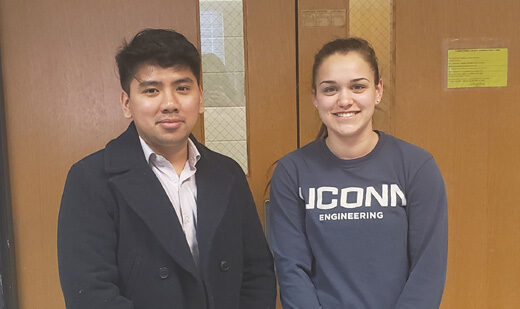
A Brain Computer Interface for Restoring Hand Control in Patients with Stroke
-

-

Design and Fabrication of an External Bone Fixation Device for Rat Femur Model
-
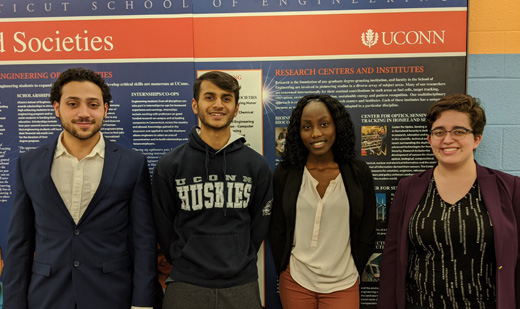
-

The Design of a White Cane for the Blind With Advanced Sensing Utility Through Audio Feedback
-
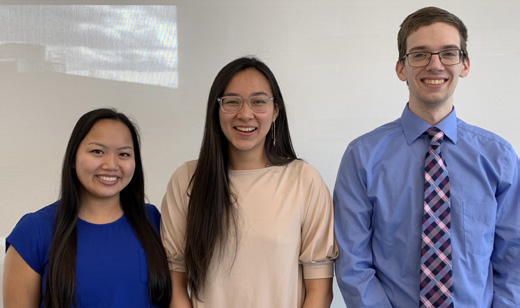
-
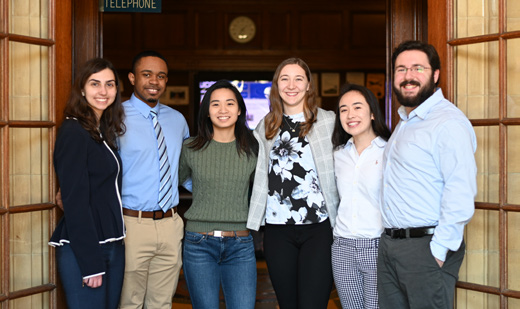
-

Technology-Assisted Yoga Therapy Program for Individuals with Low Back Pain
-
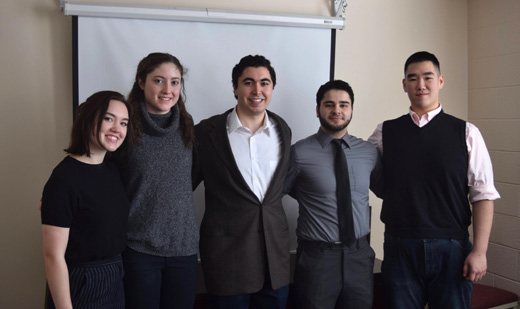
-
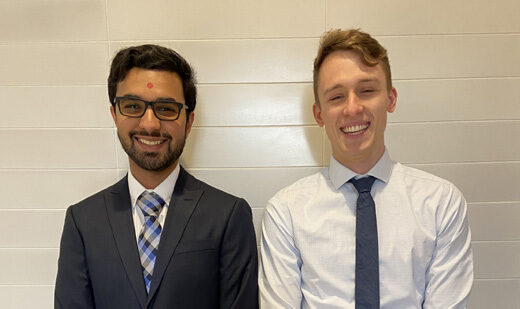
Device and Mobile App Development for Retinal Image Diagnosis
-

-
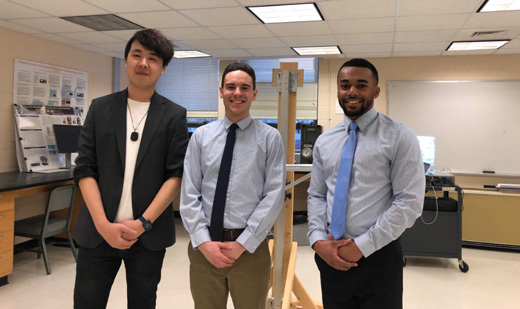
Validation Of A Biofeedback System For Rehabilitation Of The Shoulder Complex Device
-
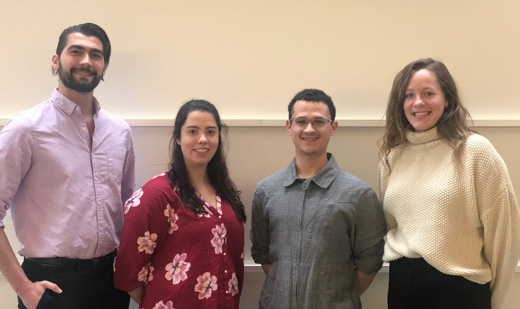
Analyzing Deltoid Stresses of rTSA and Their Effect on Stress Fractures of the Scapula
-
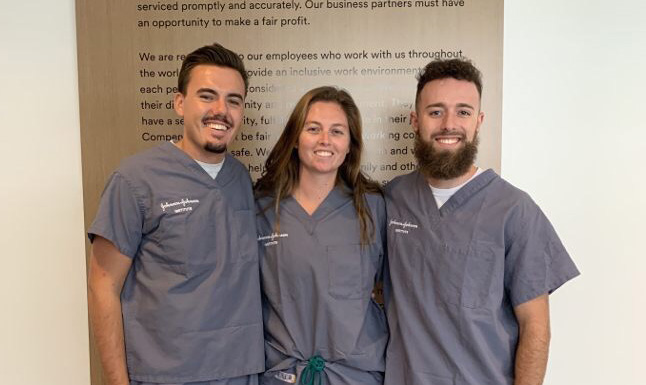
A Fresh Look at High Ankle Sprain Treatment: Surgical Kit for Fibular Fracture
-
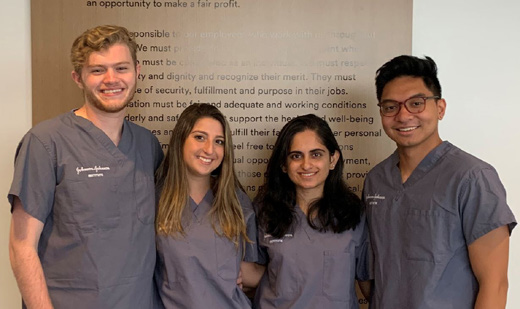
A Fresh Look at High Ankle Sprain Treatment in the Absence of a Fracture
Sponsor: Depuy Synthes Mitek Sports Medicine, a Johnson&Johnson Company
-

-
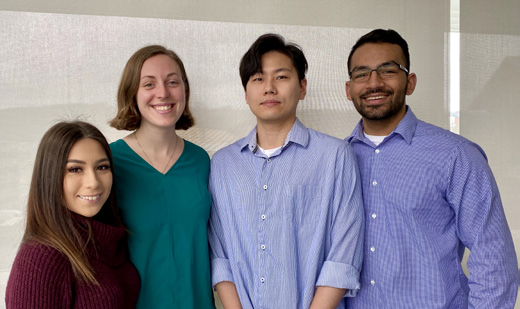
Novel Inductively Powered Smart Shunt Sensor for Hydrocephalus
-
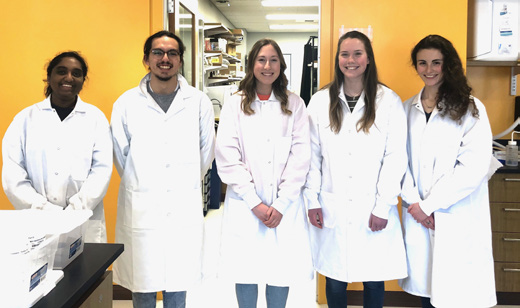
-
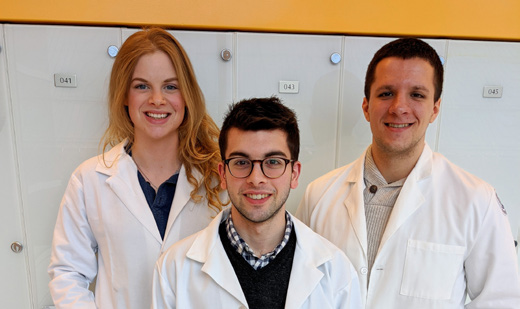
-

-
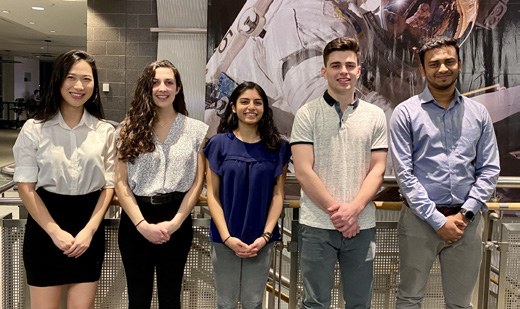
-

